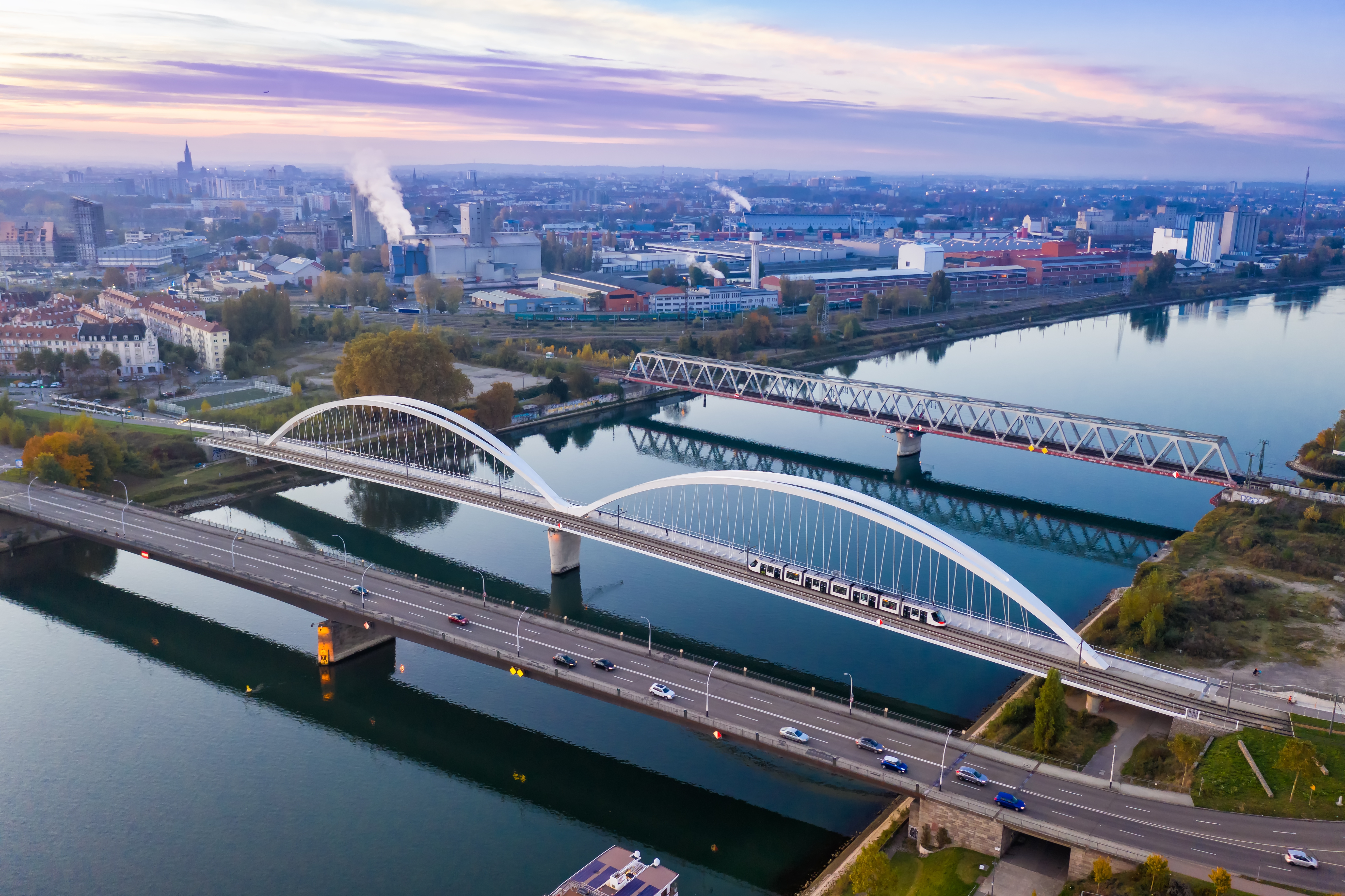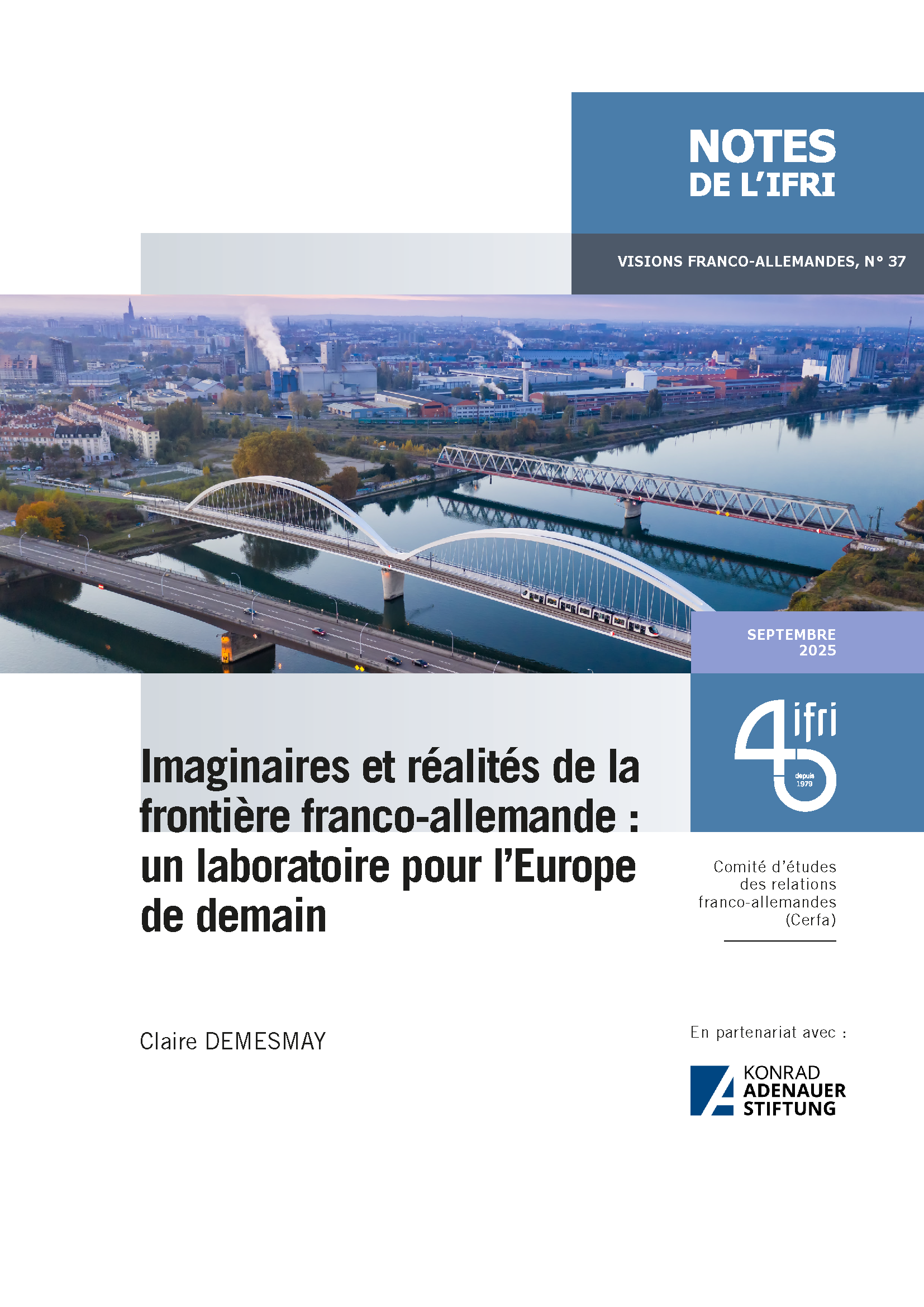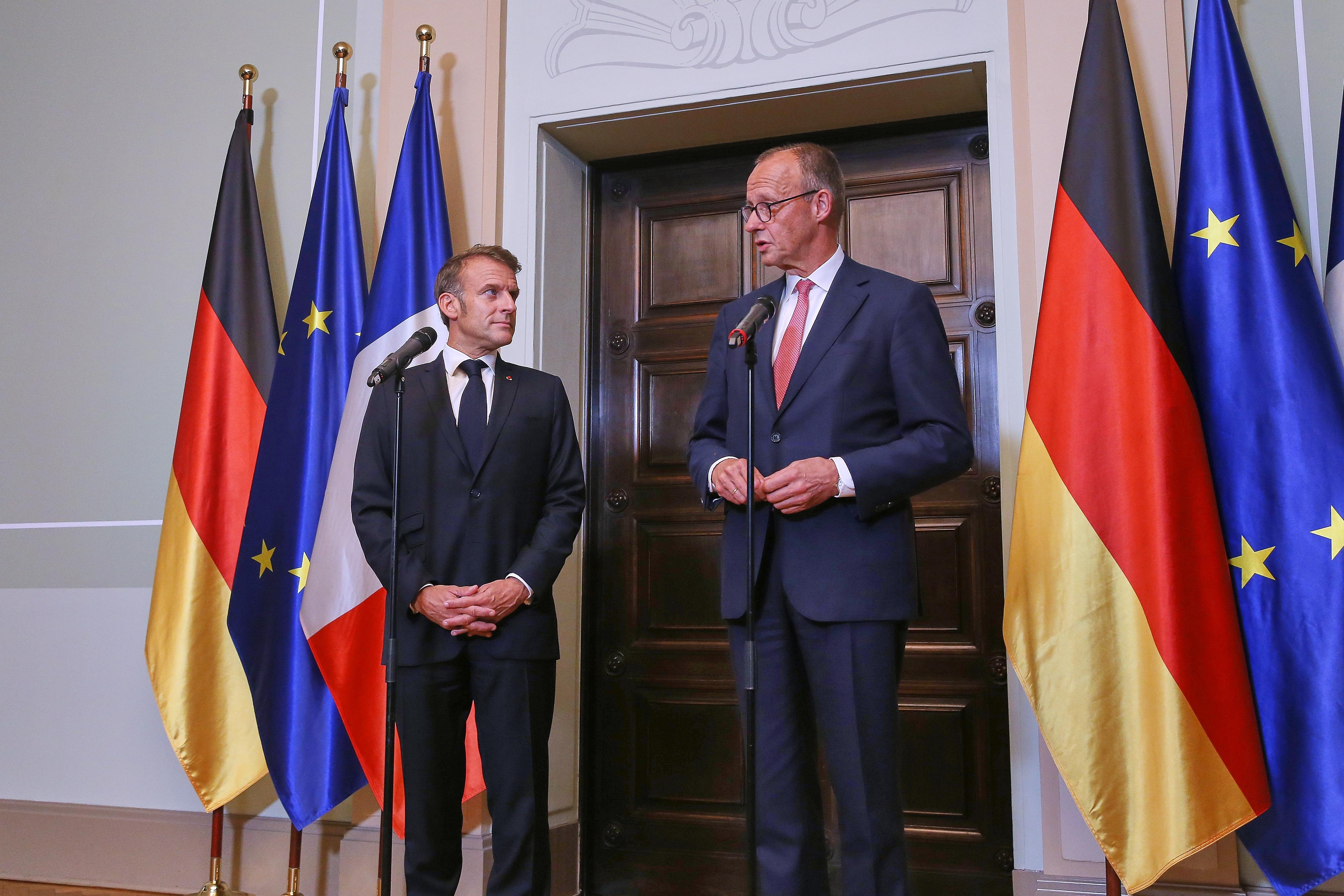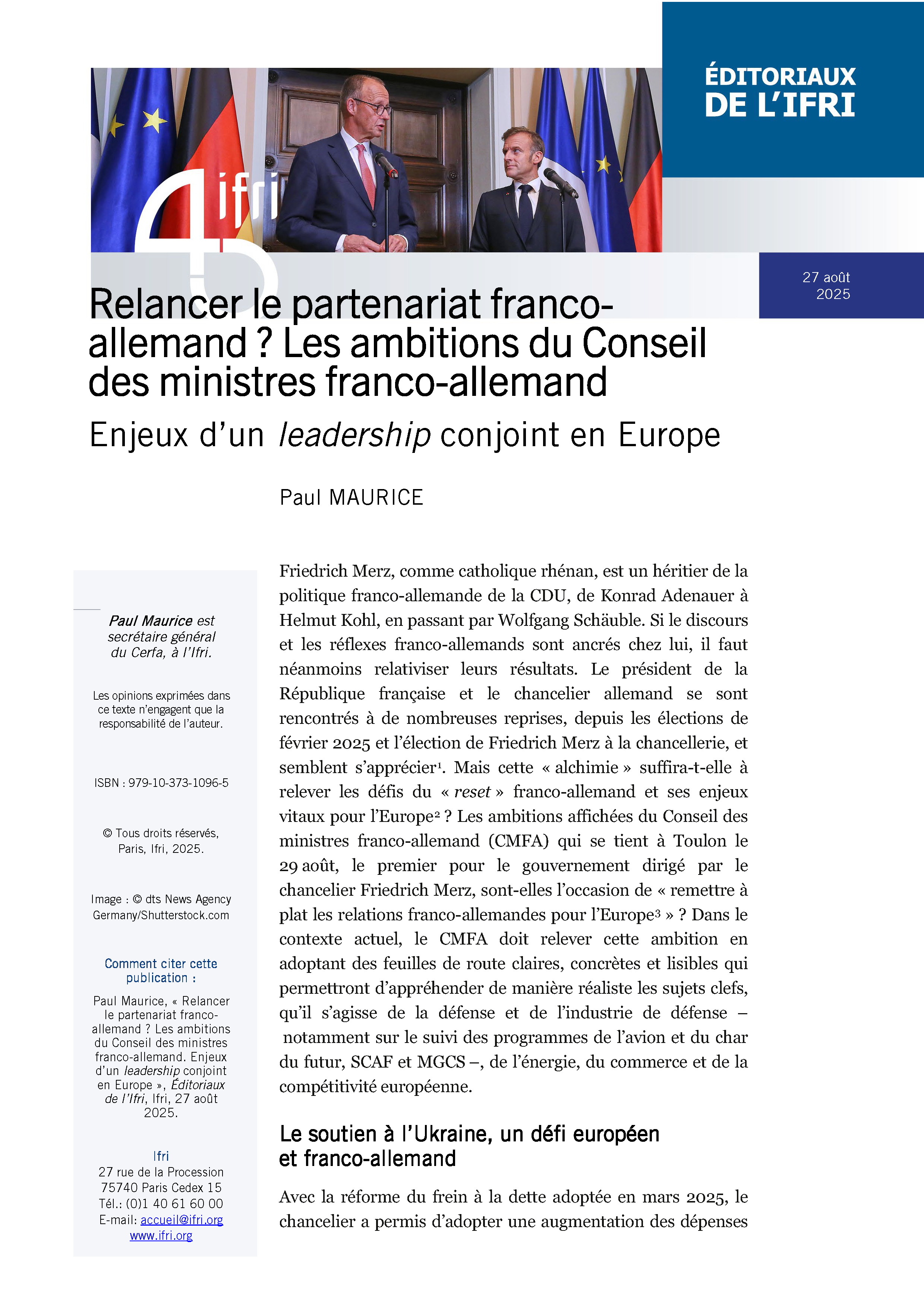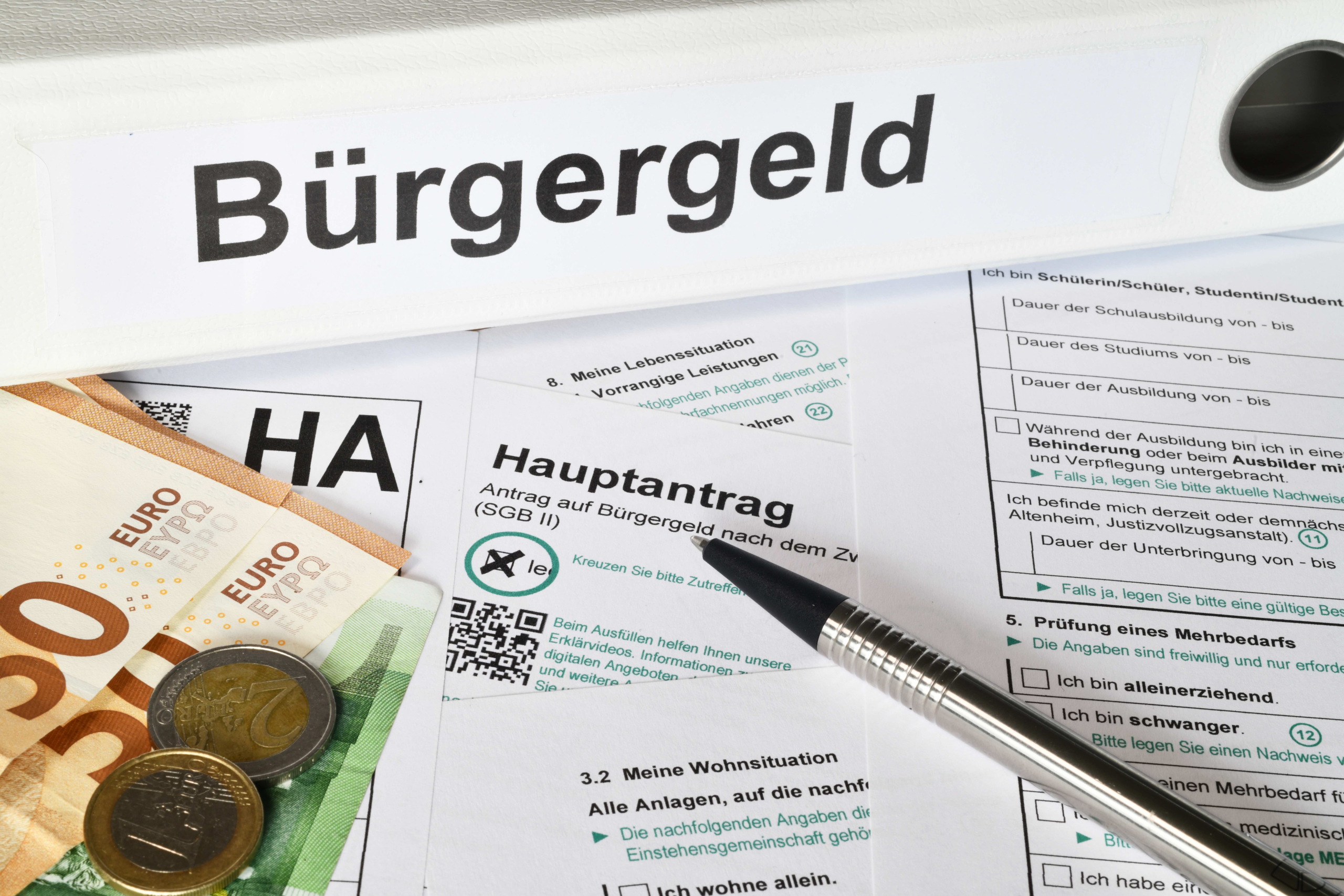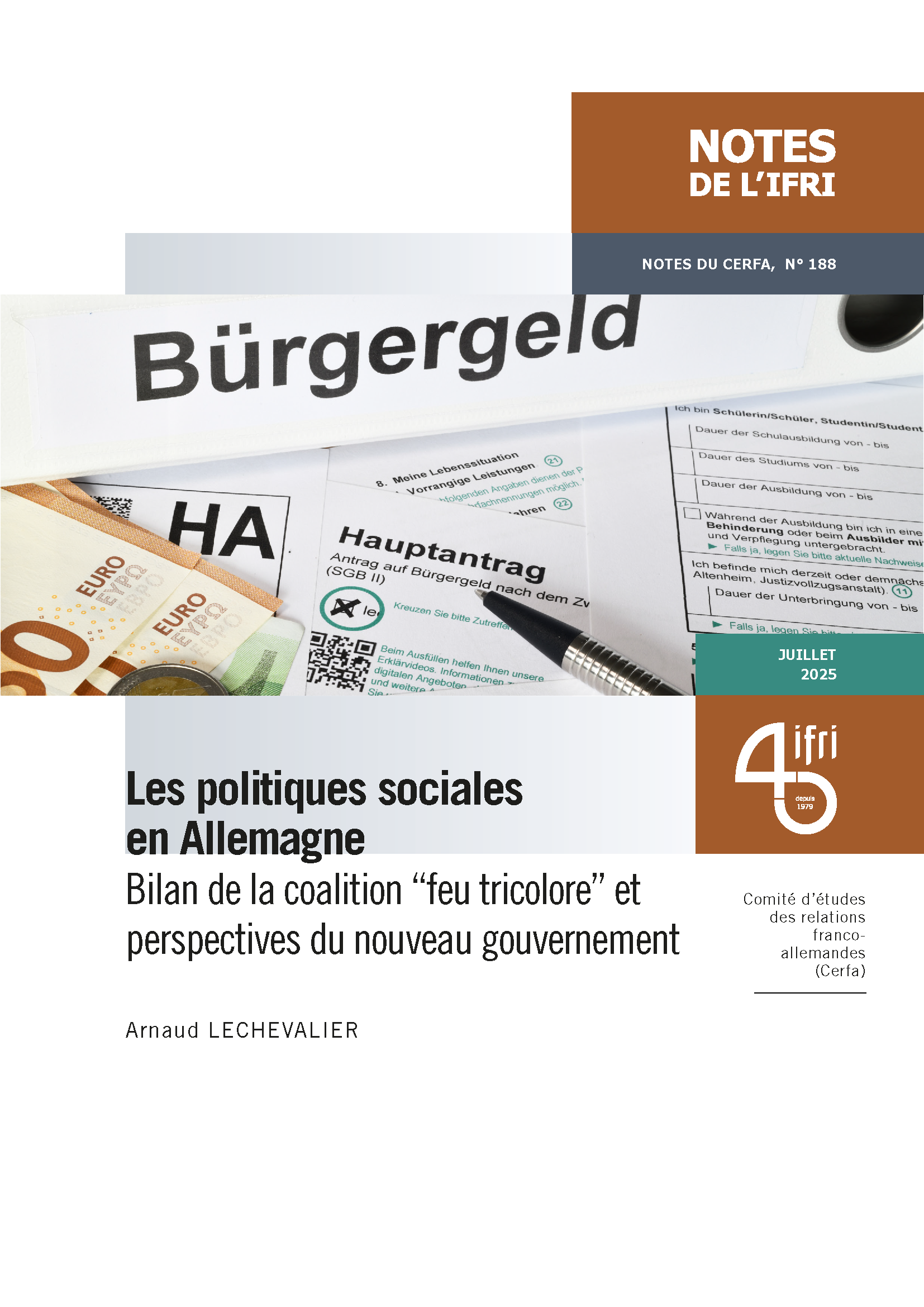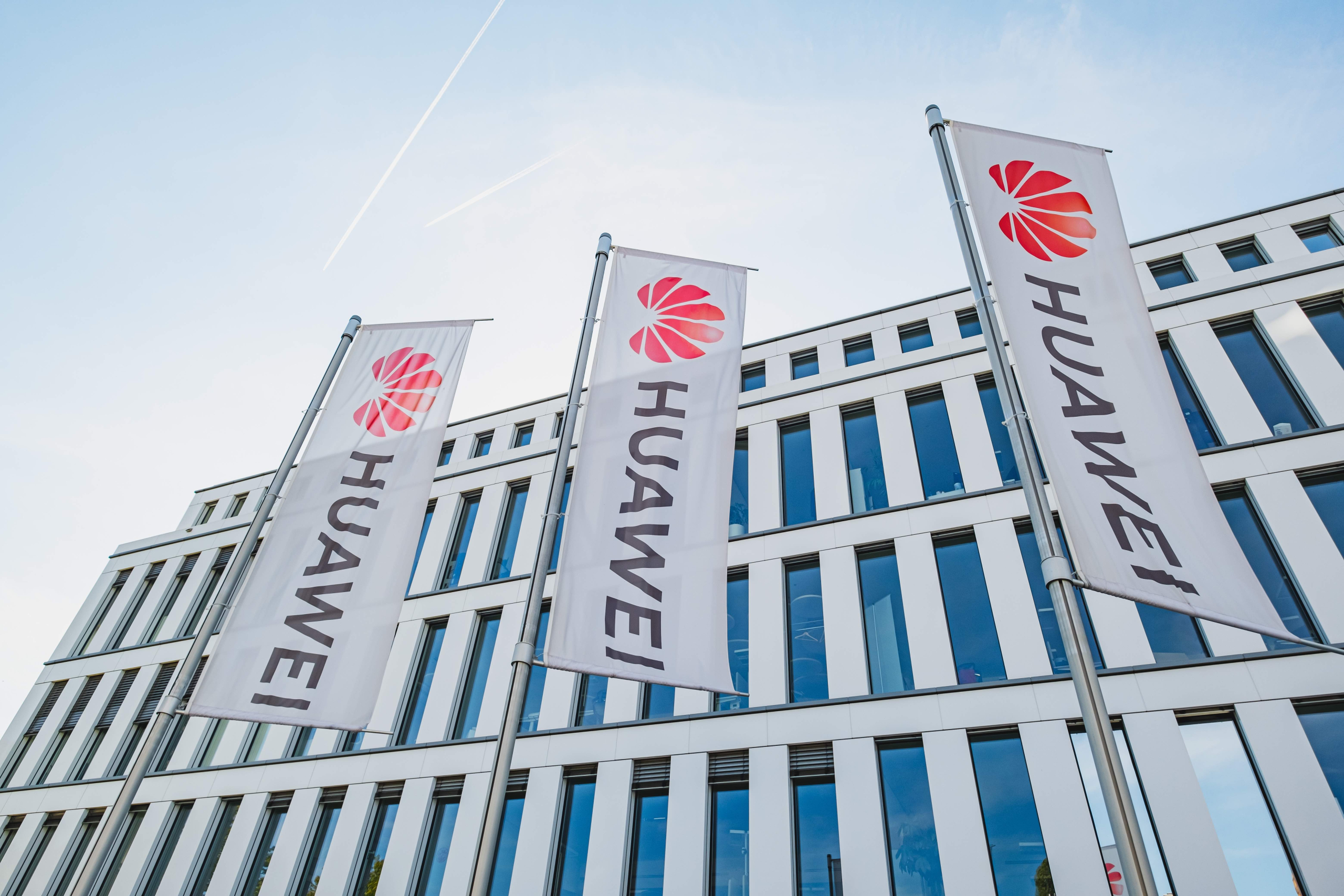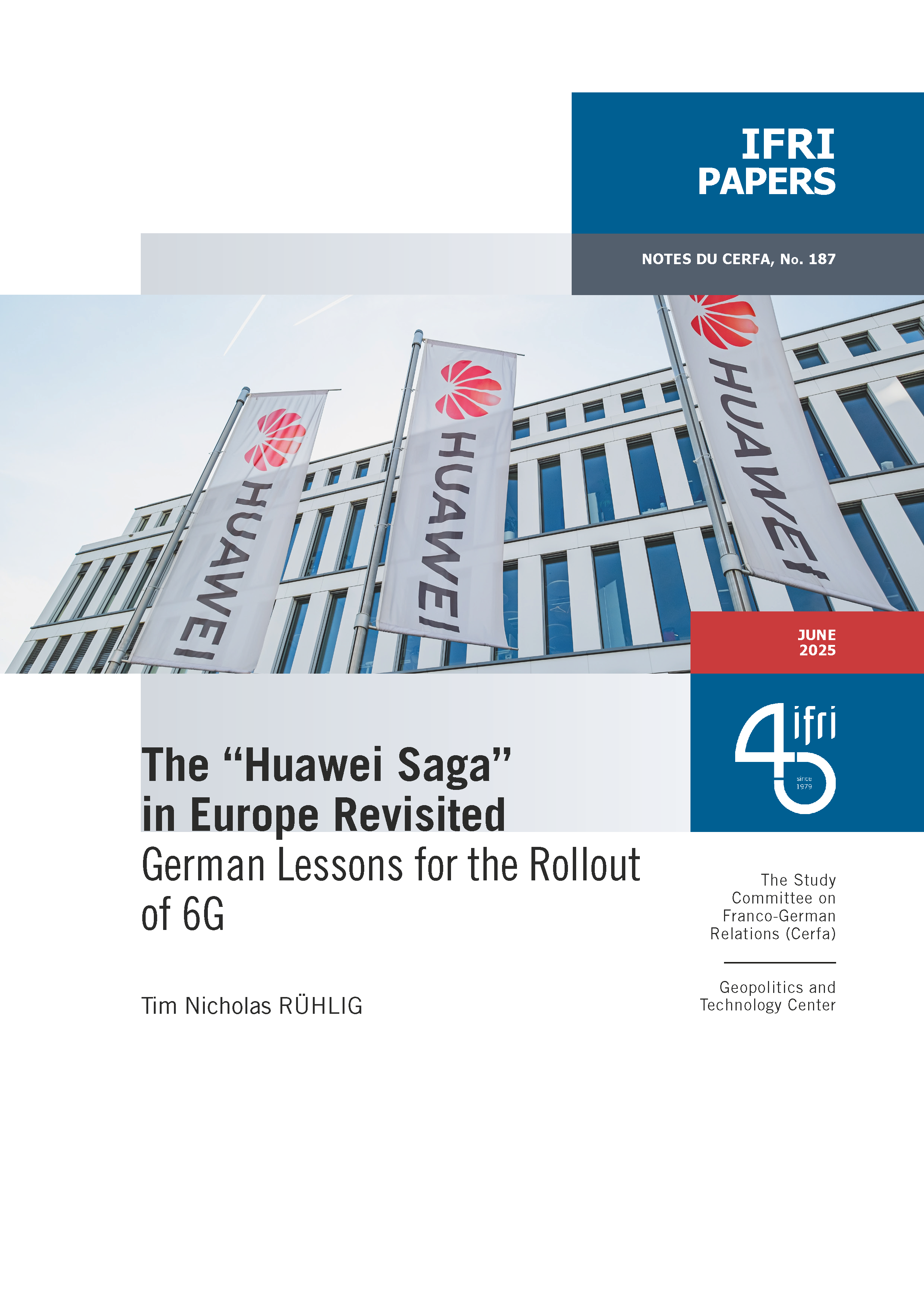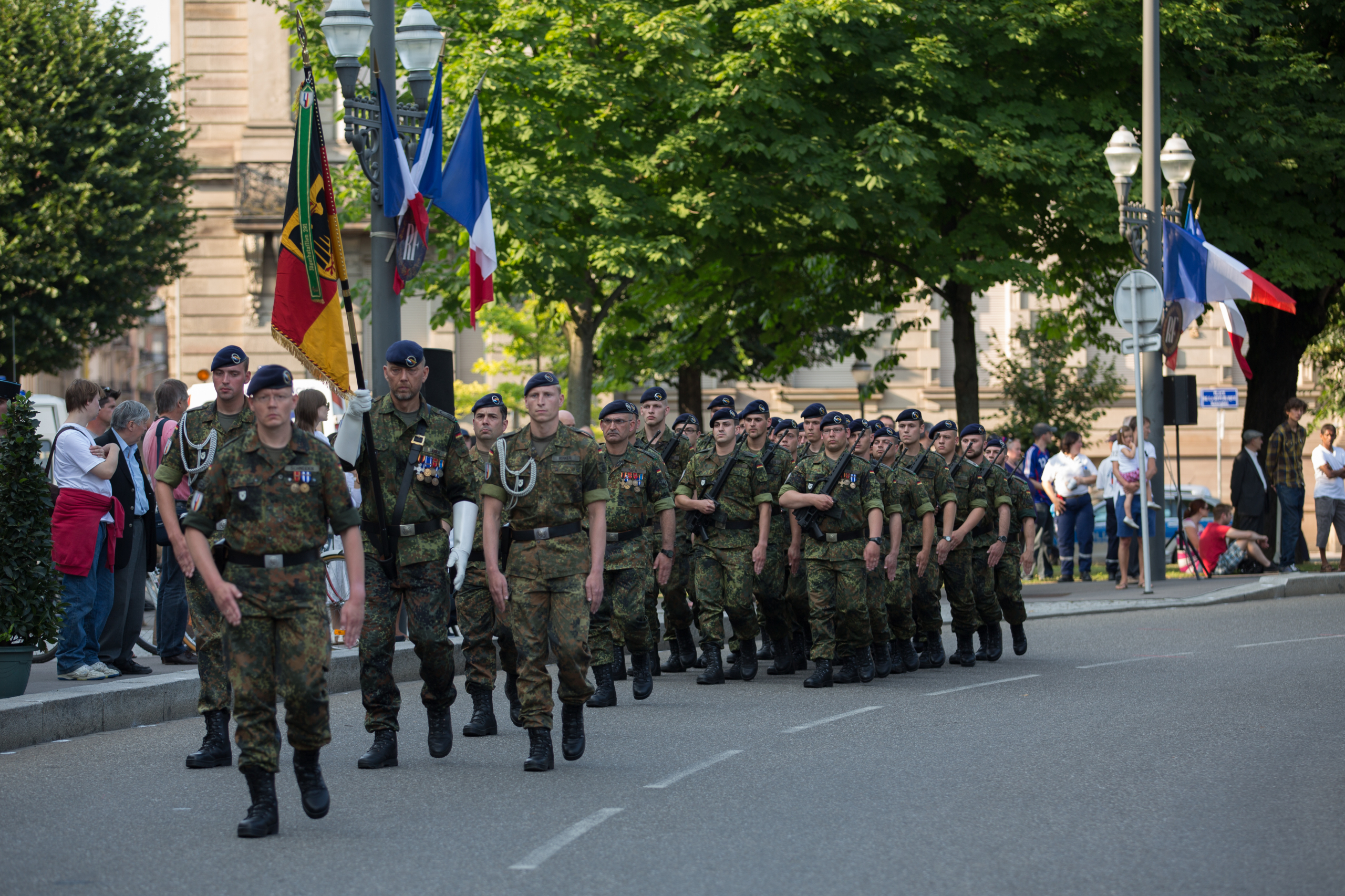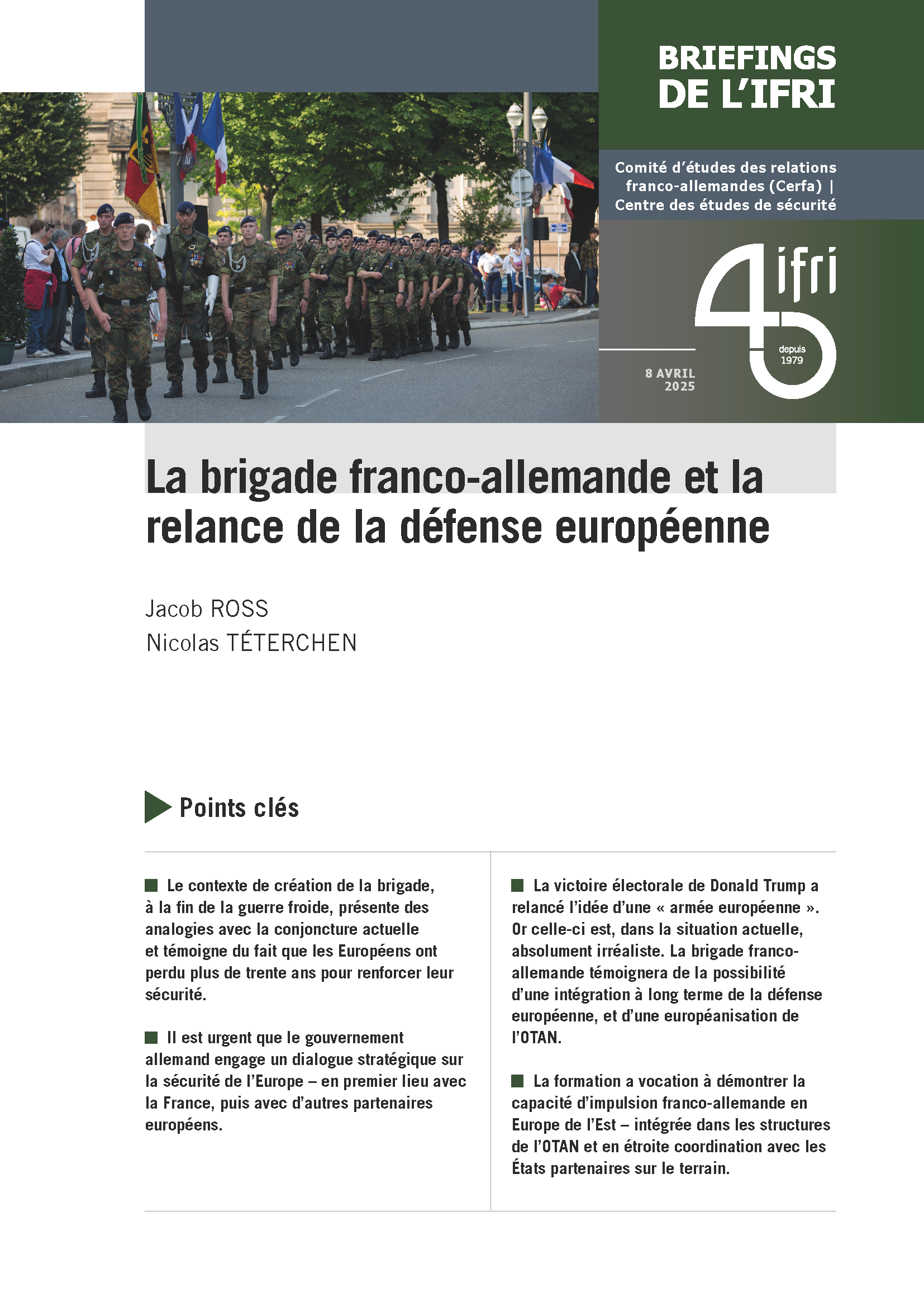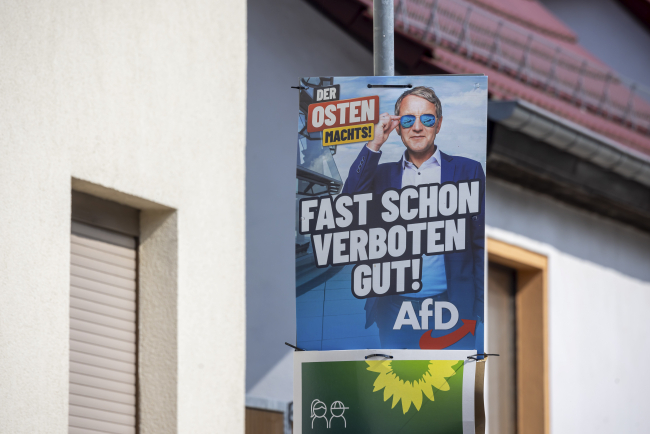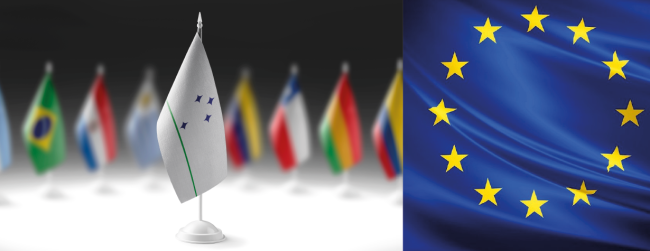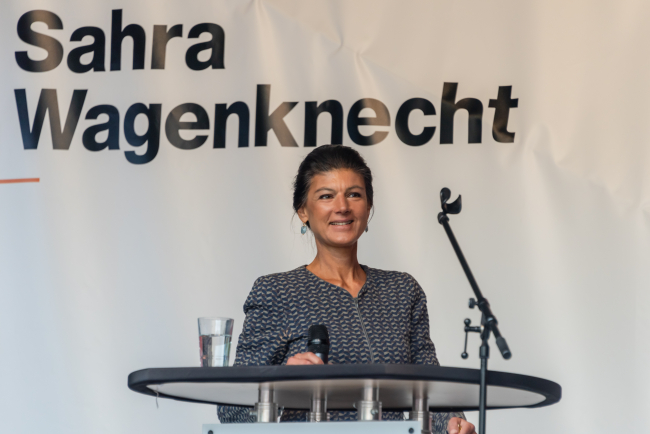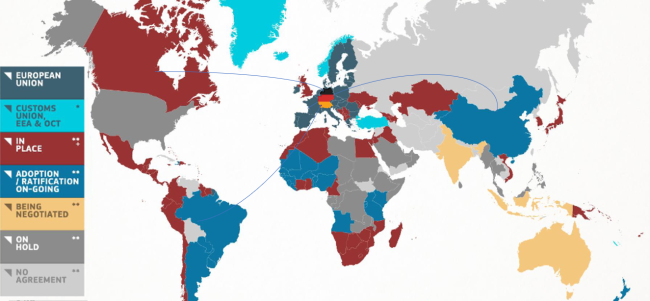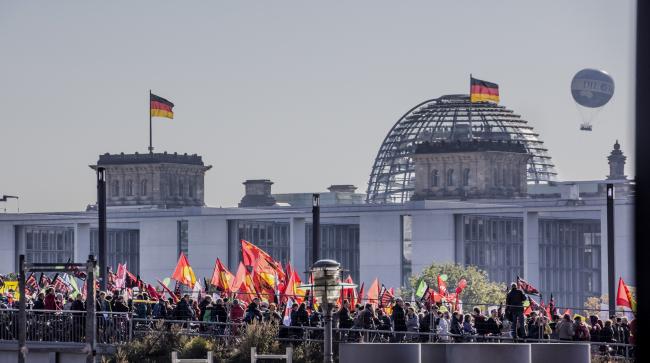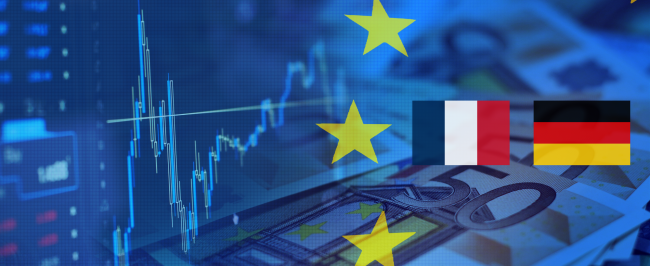The Study Committee on Franco-German Relations (Cerfa)
The Study Committee on Franco-German Relations (Cerfa) was created in 1954 by an inter-governmental agreement between the Federal Republic of Germany and France, in order to raise awareness of Germany in France and analyze Franco-German relations, including in their European and international dimensions. In its conferences and seminars, which bring together experts, political leaders, senior decision-makers and representatives of civil society from both countries, Cerfa develops the Franco-German debate and stimulates political proposals. It regularly publishes studies through two collections: Cerfa notes and studies as well as Franco-German visions.
Cerfa maintains close relations with the network of German foundations and think tanks. In addition to its research and debate activities, Cerfa promotes the emergence of a new Franco-German generation through original cooperation programs. This is how in 2021-2022, Cerfa led a program on multilateralism with the Konrad Adenauer Foundation in Paris. This program is aimed at young professionals from both countries interested in the issues of multilateralism in the context of their activities. It covered a wide range of themes relating to multilateralism, such as international trade, health, human rights and migration, non-proliferation and disarmament. Previously, Cerfa had participated in the Franco-German future dialogue, co-led with the DGAP from 2007 to 2020, and supported by the Robert Bosch Foundation and the Daniel Vernet group (formerly the Franco-German Reflection Group) which was founded in 2014 upon the initiative of the Genshagen Foundation.
Read more

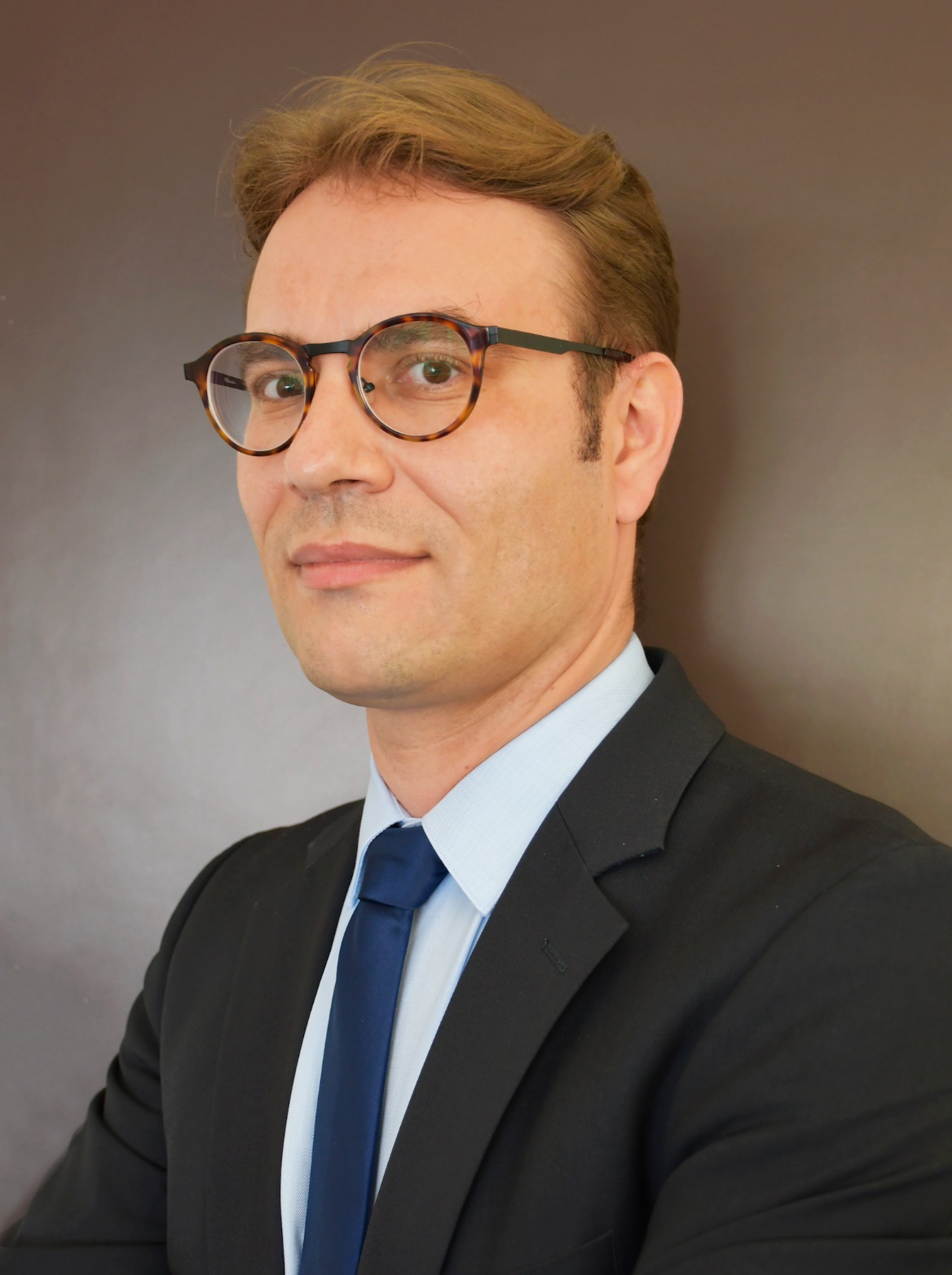
Secretary General of the Study Committee on Franco-German Relations (Cerfa), Ifri
Publications
See all our interventions
Flagship Publications
Titre Bloc Axe
Research Areas
See all our interventions
Titre Axe de recherche
Domestic Politics – Elections
The Domestic Politics – Elections research axis within the Committee on Franco-German Relations at Ifri provides an analysis of the German domestic politics, its dynamics, the evolution of the party systems, and the electoral geography of the German Federal Republic. It tackles the relations between the political sphere and society and economic structures. A particular attention is payed to the electoral process in the different “Länder” because of the specificities of the German federal system. The recent political evolutions, with the emergence of new forms of coalitions in the different “Länder” and at the federal level, as well as the persistent differences in the political behaviors between East and West Germany, 30 years after the reunification, will influence political evolutions at the federal level (“Bund”).
The Cerfa at Ifri analyzes these topics along numerous “Notes du Cerfa” and public events which will help understand electoral campaigns, but also the overarching consequences of the election results on the Franco German cooperation at the regional and national level and on the role, Germany embodies on the European and international stage.
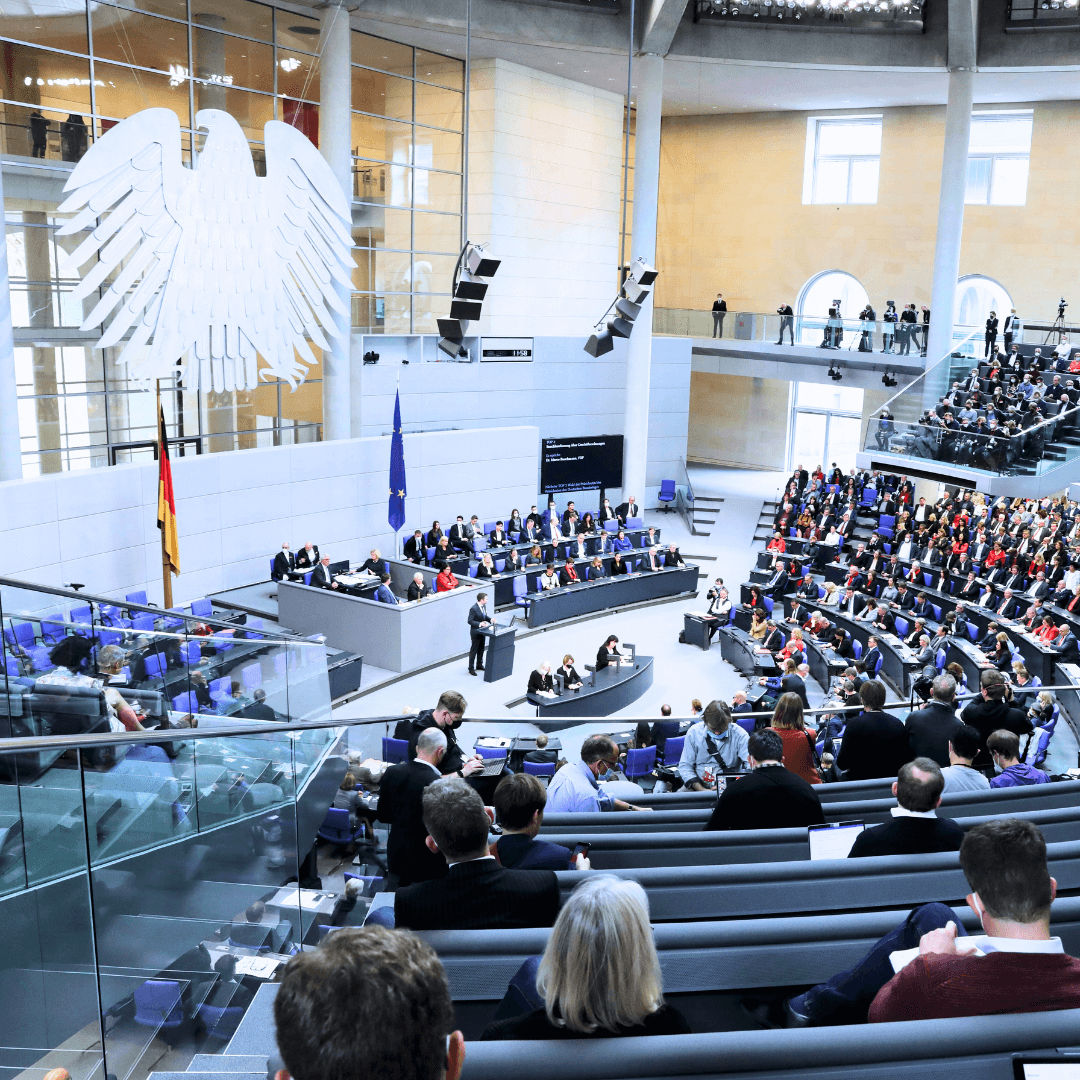
Titre Axe de recherche
Germany on the world stage
In a changing world, Germany is more than ever seen as a factor of stability in the face of increasingly numerous and frequent crises. The longevity of its political staff, the power of its economic model and the appeal of its code of values and principles are certainly not unrelated. It embodies stability but can it also serve as a bulwark against the phenomenon of deconstruction of the multipolar order from 1945? The Islamist terrorist threat, the war in the Middle East, Russian expansionism, the unpredictability of the Trump administration, the rise of populism, the question of opening markets and the uncertainty about the future of the European Union constitute the various elements of a poly-crisis which undermines the foundations of German foreign policy. None of these challenges can be met alone or independently of others. Not to mention the dangers that lie ahead in the longer term.
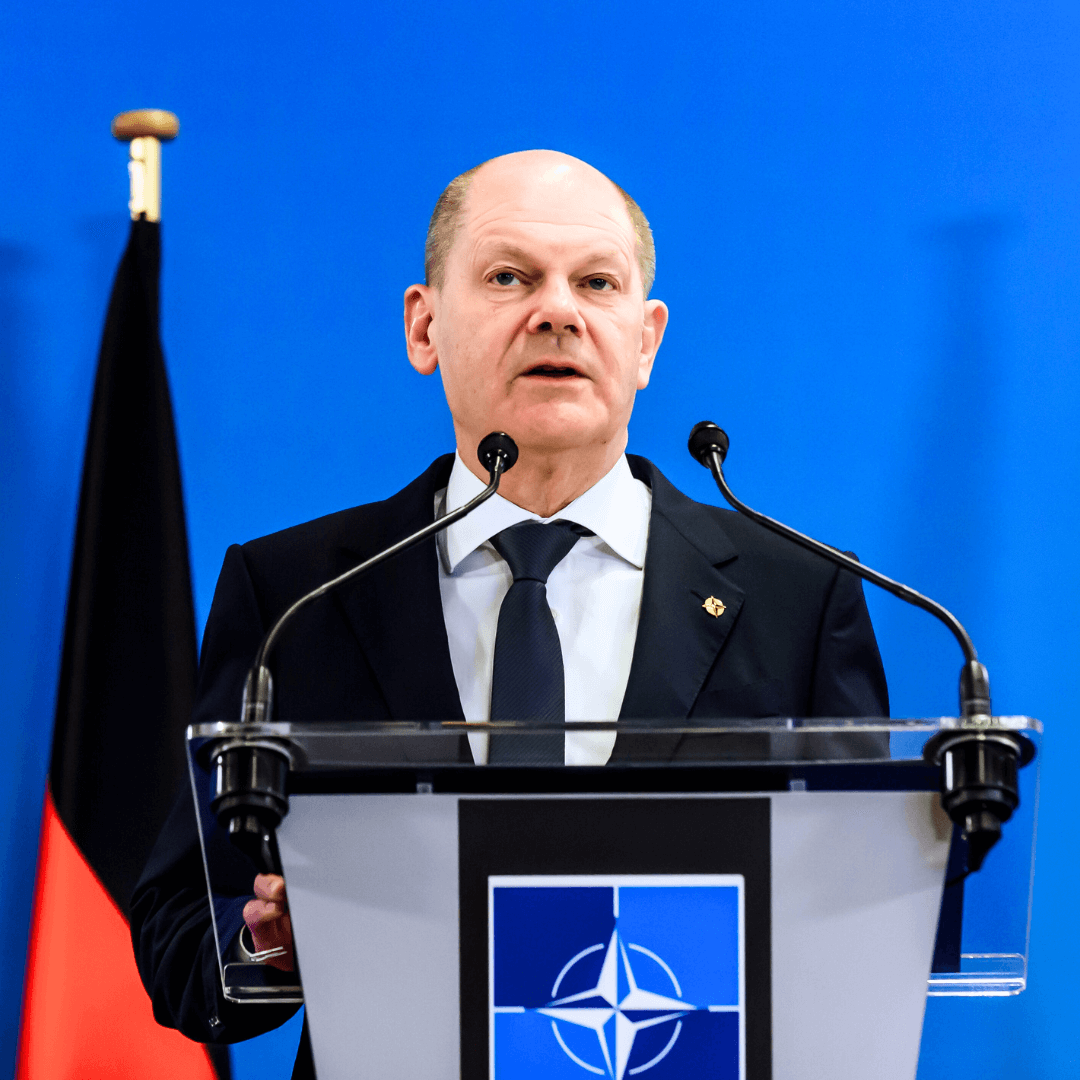
Publications
State Elections in Thuringia, Saxony and Brandenburg - Extreme Parties on the Rise?
The Alternative for Germany (AfD) became Germany's strongest political force in the regional elections in Thuringia and Saxony.
Between „Strategic Autonomy” and „Zeitenwende”: The Importance of Trade Between The EU and Mercosur
This policy paper analyses the geopolitical and economic significance of the EU-Mercosur agreement for the European Union (EU) in the context of the EU’s new European Economic Security Strategy.

Ensuring a Fair Green Transition
“Humanity has opened the gates of hell”, stated UN Secretary-General António Guterres at the Climate Ambition Summit in September 2023, emphasising that we are currently on a path of global warming above 2.4°C or even 2.9°C.
Neither Left nor Right, but Both? The Sahra Wagenknecht Alliance (BSW) in the Wake of European Elections
The 2024 European elections not only provided the occasion for a new German party, the “Bündnis Sahra Wagenknecht” (BSW), to emerge but also to obtain 6.2% of the vote.
Thorns and Alliances. German, French and European Agricultural Policy Between Food Safety and Respect for the Environment
Influences and developments within German agricultural policy have undergone significant transformations over the past 70 years, especially in the context of the dynamic Franco-German relations and the pivotal role both nations play in shaping the European Union’s Common Agricultural Policy (CAP).
Towards a New European Trade Strategy in Times of Geopolitical Upheaval: The German Perspective
As one of the most successful trading blocs, the EU sees itself confronted with the erosion of the global rules-based trading system and trade becoming increasingly weaponized.
EU-Mercosur: An Unsolvable Trilemma Between Competition Rules, Normative Ambitions and Supply Chain Diversification
The EU-Mercosur trade deal was believed to be heading toward the finish. The election of Luiz Inácio Lula da Silva as the president of Brazil, as successor to the right-wing populist Jair Bolsonaro, and the Spanish presidency of the European Union (EU), raised hopes for its conclusion. But the reservations expressed by several EU member states and some Latin American countries have dashed hopes.
The End of a Happy Parenthesis. How the War in UkraineI Is Forcing Germany to Rethink Its Model
The period of peace, economic prosperity, and political stability that Germany has experienced since the end of the Cold War ends with the Ukrainian war. The shock wave of this conflict particularly hit its economy and thereby undermines the foundations on which Germany had based its power, its international influence and established its identity.
Fiscal Policy in France and Germany: Insurmountable Differences?
The state of public finances in France and Germany is often compared. Germany is considered a model of rigor, through its ability to contain its deficits and generate surpluses, particularly between 2012 and 2019, thanks to the introduction into its constitution of a debt brake mechanism.
Between Inertia and Openness. Germany Reforms Its Labor Immigration System
With its new Skilled Immigration Act (Fachkräfteeinwanderungsgesetz) of 23 June 2023, Germany aims to become the country with "the most modern immigration law in Europe". A new points system and new entry rules for experienced workers having a degree from their home country demonstrate the willingness of the German government to open up its labor market to third-country nationals. While immigration law was already the subject of a previous reform in 2020, the new law is a real paradigm shift in Germany’s migration policy.
The Team

Our research fellows: The Study Committee on Franco-German Relations (Cerfa)
Support independent French research
Ifri, a foundation recognized as being of public utility, relies largely on private donors – companies and individuals – to guarantee its sustainability and intellectual independence. Through their funding, donors help maintain the Institute's position among the world's leading think tanks. By benefiting from an internationally recognized network and expertise, donors refine their understanding of geopolitical risk and its consequences on global politics and the economy. In 2025, Ifri supports more than 80 French and foreign companies and organizations.







